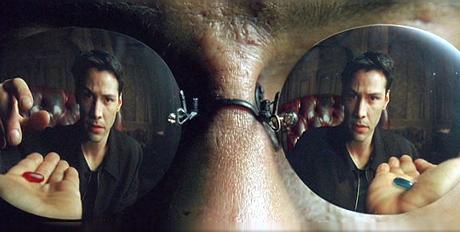I arrive to the dojo after work. Climbing the outdoor staircase I pick up some trash that the homeless guy that lives around our building left. I fumble for the keys, never remembering the correct one on the first try. The door swings open and the warm air washes over me. I bow deeply, genuinely grateful to be back in my art studio. I wrinkle my nose because the dojo smells funny. I click the A.C. on as I walk in the tea room. I empty the water and fill up the kettle. As it sizzles into action as I pick up the book about bushido I am rereading for the fifth time. I drink tea, breath deeply, read and forget the world spinning around me. I hear the door open in the main hall. I wonder for a full minute who is the first person to show up. When they enter the tea room I greet them, and try to reconnect. Uniforms go on and we walk on the mat. Then we grab the brooms and sweep. Training begins.

In the late1990s I attended a class on Zen at the University of
Texas in Austin. One of our first assignments is a practice I still
am trying to master. "Go home and do your dishes." the teacher instructed.
"Pay attention to what you feel. Breathe. Feel the water. Adopt it as
your practice." This has been a practice in my life ever
since. I realized after adopting this practice is that my sink is now
an physical expression of my mind. In this philosophy of practice the student attempts
to transcend the dualities - internal and external. I personally
believe when the external sink is cluttered and messy, so is my internal
mind. It is evidence I have been lacking the discipline to order my
universe. The simple act of washing the dishes is a commitment to
keeping my mind organized and disciplined. The simple act of dishes is an expression of my relationship to Zen, and a link to my budo practice.
In Japan I used to show up to the Numata Budokan (martial arts center) early. I would immediately change out and grab a broom. The assistant instructor insisted the children would sweep the floor the next day, and not to worry about it. I would insist. I would gather a pile of the assorted debris that mats seems to always have. Ota Sensei would always thank me. I did this for about 6 months as a solitaire practice. Eventually one woman, then two joined me. A few months later the men helped too. Good practice is infectious.
 |
| Numata Budokan |
Two men, who are my seniors in age, are always the first to arrive at my dojo in Austin Texas. Together we sweep the dojo, marveling at how much stuff accumulates on the floor since the last time we trained. I respect these men's budo because on some level they are my only students that understand the importance of the simple ritual of sweeping the mat. In my view the dojo and the mat becomes a collective expression of the budoka that train on it. Like my cluttered sink, a dirty dojo and a filthy mat shows the inner qualities of the group that trains on it. A dirty mat means the collective mind of the group is undisciplined and is lacking respect towards the dojo that houses our way. A test of the quality of our budo happens every time we walk into the dojo. You see, we are not only cleaning the floor with that broom.
Broom sweeps mind.






